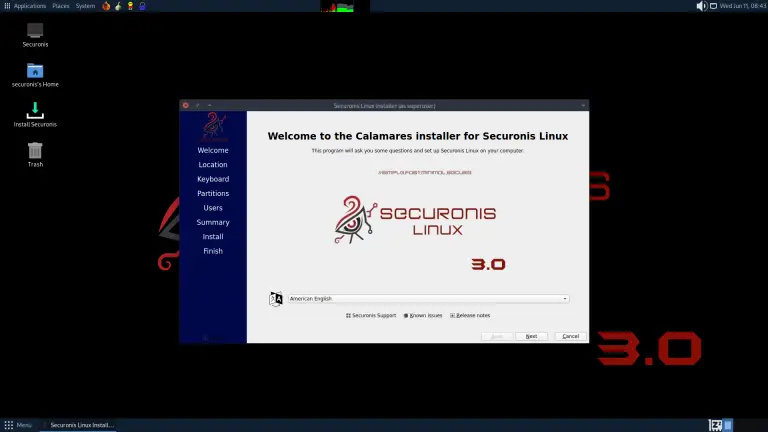
The OpenBSD project has announced the release of a new version of its operating system — OpenBSD 7.7. Marking the 58th release over the past two decades, this iteration brings truly significant enhancements. Chief among them is a notable performance boost on ARM64 architectures: memory handling optimizations have accelerated kernel compilation by approximately 5%. Additionally, support has been introduced for Arm’s Scalable Vector Extension (SVE) technology on processors that offer this capability.
Thanks to an updated bootloader, OpenBSD can now operate as a guest system with AMD Secure Encrypted Virtualization (SEV) support in a QEMU environment via EFI. The kernel itself has also been adapted to boot properly on virtual machines with SEV enabled. On the i386 architecture, memory handling has been improved, particularly in configurations with multiple processors, resulting in faster and more efficient responses to low-memory situations.
Developers have undertaken serious improvements to suspend and hibernation functionalities, alongside numerous refinements in symmetric multiprocessing (SMP) support. The Direct Rendering Manager (DRM) graphics driver has been updated to align with Linux 6.12.21 LTS, bringing support for AMD Ryzen IA 300 series graphics cards, Radeon RX 9070 (based on the RDNA4 architecture), and initial support for Intel’s Arrow Lake graphics.
Furthermore, the system now includes new drivers for devices based on MediaTek processors, numerous package updates, and a range of other enhancements aimed at improving stability and compatibility. The latest version, along with further details, is available for download on the official OpenBSD project website.


